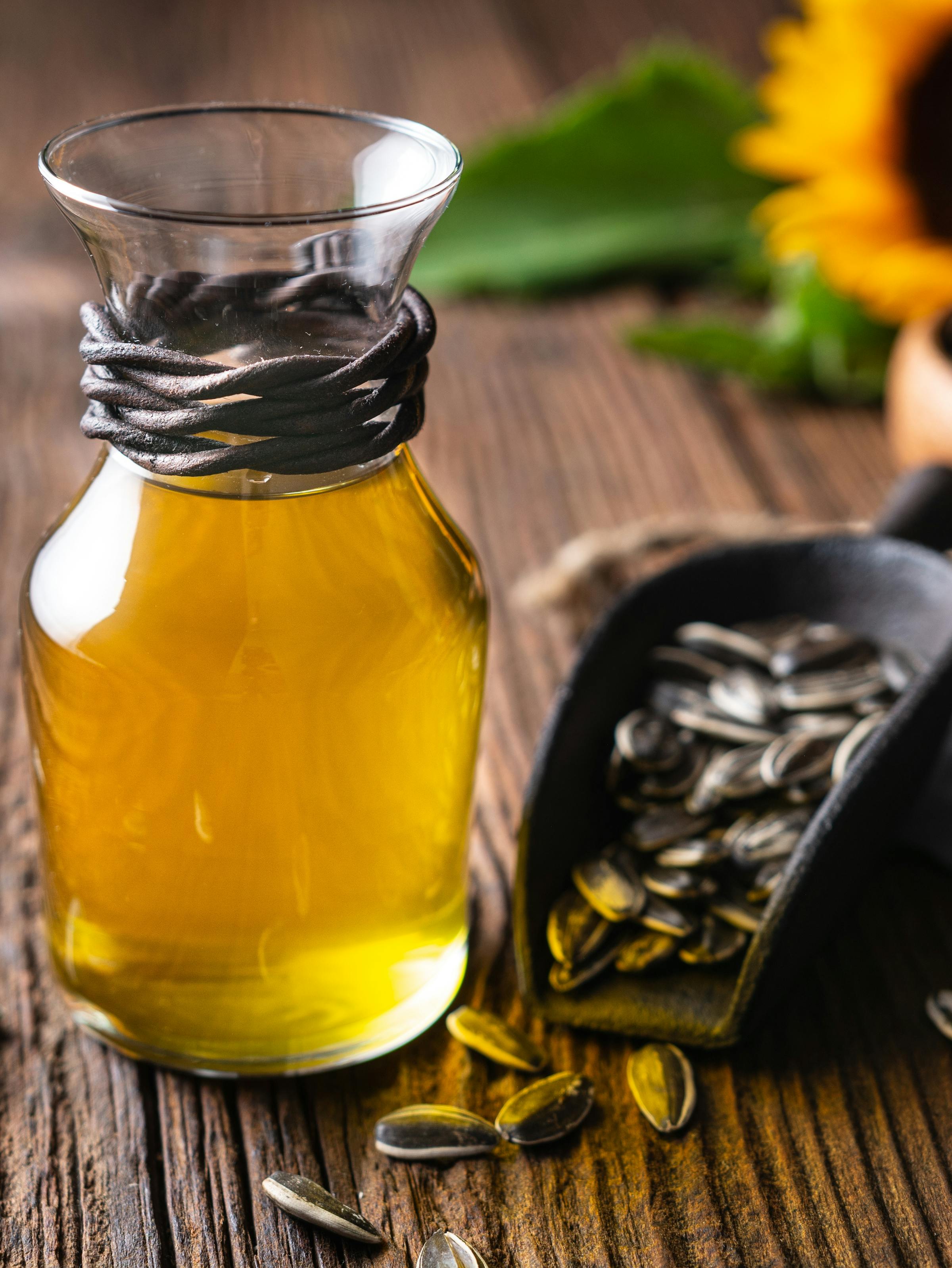Enzymatic interesterification: A better way to process food oils
Enginzyme provides customers with ways to replace old-school chemical processes with cleaner, cheaper, and more sustainable methods using enzymes. The food oil industry illustrates this perfectly.
Most food oils do not go directly from the press to the fryer or salad bowl. They must be transformed to get the right melting point, texture or stability for specific uses like making margarine, baking, frying, etc.
The old way of doing this was partial hydrogenation, but that process creates trans fats, which the FDA has deemed unhealthy. Interesterification processes oils without creating trans fats. Chemical interesterification has been around since the 1940s, but it has its own set of problems: oil darkening and contamination from unwanted side reactions. Oils that are chemically interesterified require downstream processing like washing or bleaching. These steps are not needed after enzymatic interesterification. What is more, enzymatic interesterification results in greater product stability, and oils retain beneficial minor components (like sterols and tocopherols).
Enzymatic interesterification is replacing chemical interesterification, especially for makers of low-trans or trans-fat-free margarines and shortenings. Enginzyme is working with Bunge and other industry partners to customize this process, cutting costs and creating purer, safer, more sustainable products that do not require a lot of downstream processing.
Are you in the food oil industry? Read more
With a new, more active and productive catalyst, enginzyme has made it possible to convert chemical batch interesterification into an enzymatic process. The industrial trials we have run demonstrate full randomization, recycling of the catalyst and short production cycles. We are ready to engage with other companies that want to test and apply our catalysts and process solutions to meet more demanding targets for purity, sustainability, safety and costs.
Here are the key advantages of our solution:
- Full randomization, same as chemical process
- No sodium methoxide (hazardous)
- Purer oil, less oil loss, compared with chemical process
- Increased product quality (Greater oxidative stability, minor components such as sterols and tocopherols remain in the oil, no darkening of the oil)
- Zero Dialkyl ketones (DAKs) formation
- Less downstream processing (neutralization, washing, bleaching)
- More flexibility to make customized blends of oils vs the continuous enzymatic process which is designed for more standard blends
- Adaptable to existing infrastructure (with some modification, existing assets can be used)
We can send samples and help customers run industrial scale trials before switching to commercial operation.
Enginzyme's catalyst is GRAS (US food approval); we are getting timelines for EU approval
CONTACT OUR BUSINESS DEVELOPMENT TEAM FOR MORE INFORMATION
business@enginzyme.com
